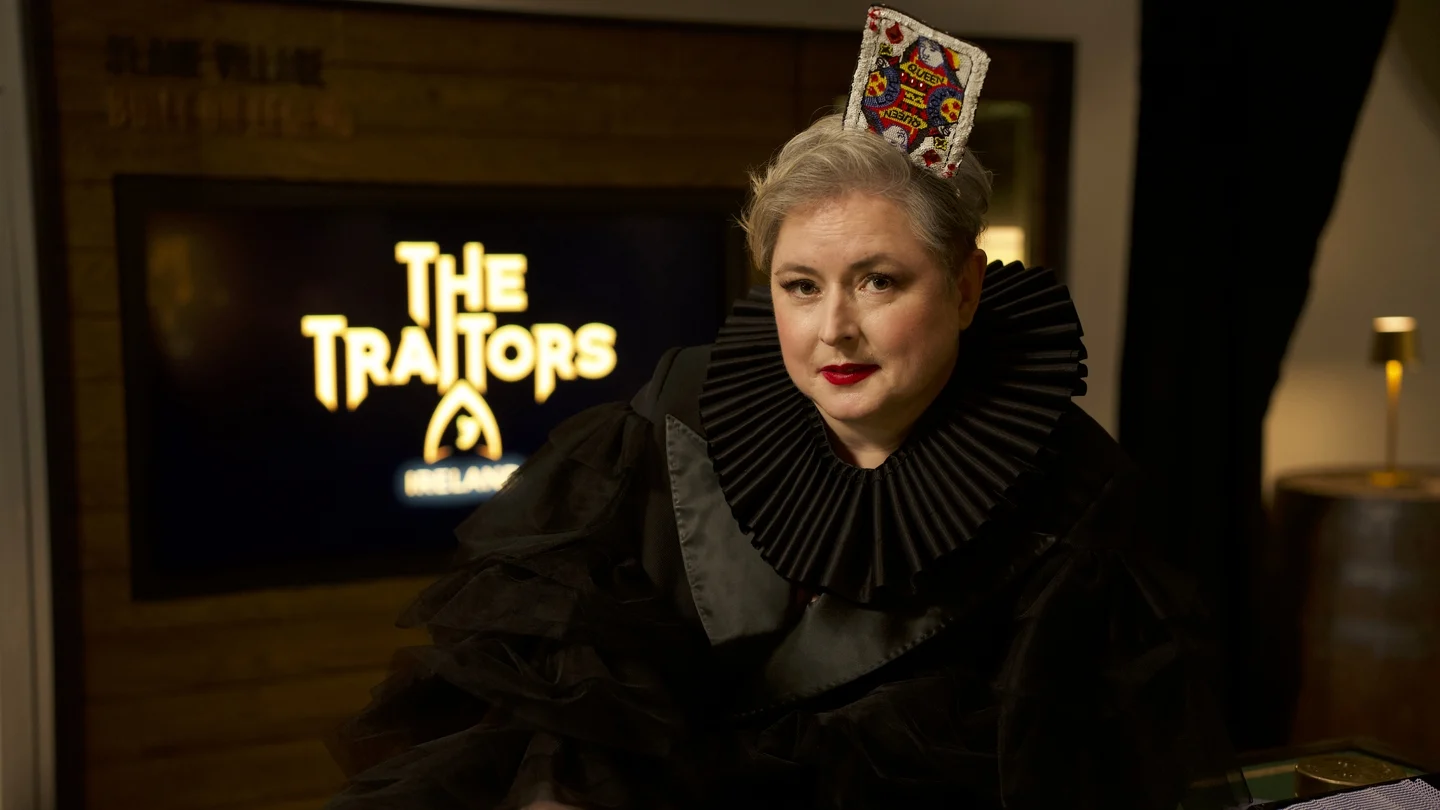Why We Can't Stop Watching People Lie on The Traitors
Mental Health Charity, Turn2Me explain why we're obsessed with The Traitors: it's psychology in action as we watch people lie and try to spot truth.

RTÉ's hit show The Traitors has Cork viewers glued to their screens, but it's not just the drama keeping us hooked: it's the fascinating psychology of deception that mental health experts say taps into our most basic human instincts.
The reality show, where contestants must identify hidden "traitors" among them, has become a masterclass in human behaviour that resonates far beyond the castle walls. Mental health charity Turn2Me has identified five key psychological reasons why audiences are captivated by this battle between truth and lies.
The Detective in All of Us
Humans are naturally wired to spot dishonesty, and The Traitors gives viewers the perfect opportunity to play detective from their sitting rooms. We feel genuine satisfaction when we catch a contestant's shifty eye contact or notice contradictory behaviour before the other players do.
Performance Under Pressure
Both lying and appearing sincere require considerable acting skills, creating inherently dramatic television. One standout moment highlighted this perfectly when "traitor" Katelyn asked two "faithful" contestants, "can I trust you?" while simultaneously planning their elimination with her fellow traitors.
The show brilliantly exposes the tension between the masks people wear and their true intentions, something that strikes a chord with viewers navigating their own daily relationships.
Trust Under the Microscope
Trust forms the foundation of all human connections, but in The Traitors, misplaced faith can cost players everything. This amplifies the everyday decisions we all face about whom to believe, when to confide, and whether our instincts are correct.
Group Psychology in Action
When suspicion falls on a contestant, watching the ripple effects through the group proves compelling viewing. The shifting alliances, sudden confrontations, and mob mentality of doubt create a fascinating study of human behaviour under pressure.
Some contestants face suspicion for accusing too many people, while others are doubted for staying too quiet. The contradictory nature of these reactions reveals how group dynamics can spiral in unpredictable directions.
Universal Fears
We've all experienced deception in our lives, making the show's premise uncomfortably relatable. Watching others navigate dishonesty taps into primal fears while also providing reassurance that even the shrewdest people can be fooled.
The Tell-Tale Signs
Suzanne Ennis, psychotherapist and Clinical Manager at Turn2Me, explains the recurring cues that make people appear dishonest, even when telling the truth: "Inconsistent body language, avoiding or overcompensating with eye contact, pitch changes in speech, overexplaining, defensiveness, and micro-expressions all raise suspicion."
She notes that many liars trip themselves up with unnecessary deceptions, adding: "As the saying goes, if you want to be a liar, you have to have a good memory. Many catch themselves out by contradicting themselves."
The Bigger Picture
Fiona O'Malley, CEO of Turn2Me, believes the show's success lies in its psychological authenticity:
"The Traitors works because it allows us to examine people lying, trying to identify when others are lying, whilst presenting an honest version of themselves. We're endlessly fascinated by the dance between truth and lies."
For Cork viewers settling in with their evening cuppa, The Traitors offers more than just entertainment: it's a masterclass in human psychology that helps us understand the complex dynamics of trust, deception, and social behaviour that shape our daily lives.
The show reveals as much about us as viewers as it does about the contestants themselves, proving that sometimes the most compelling drama comes from simply watching people be human.



